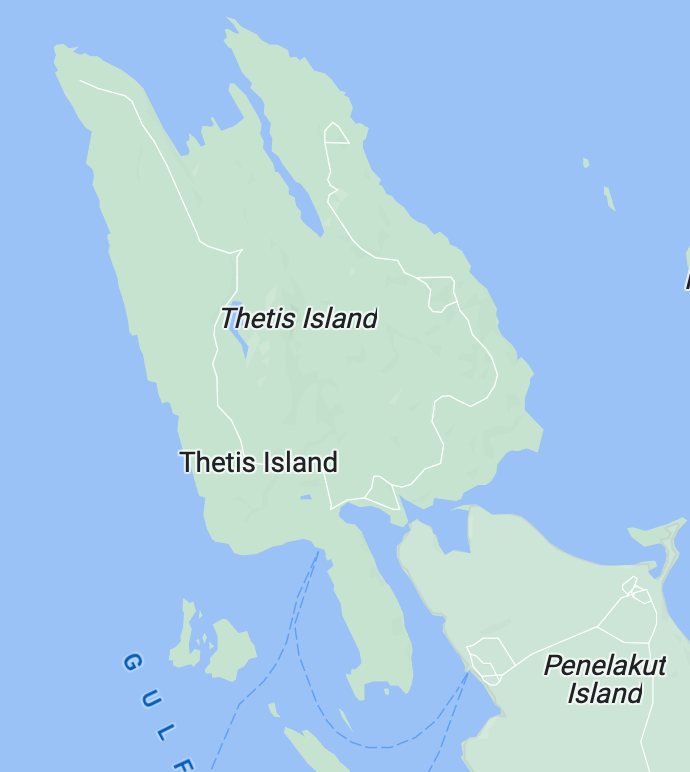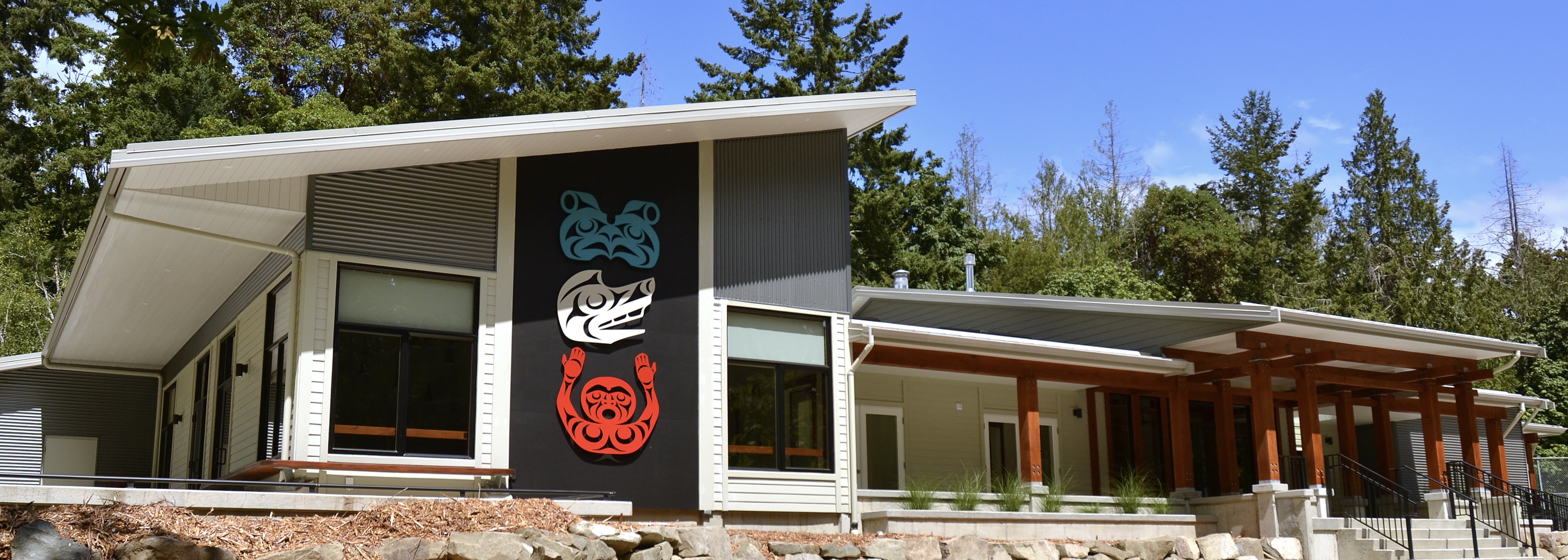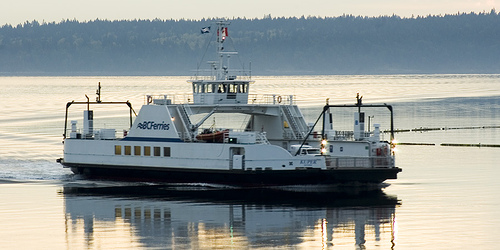Peter Luckham ~ Islands Trust Candidate Office Hours
 Wednesday, November 12, 2014 at 7:00AM
Wednesday, November 12, 2014 at 7:00AM Thank you to those who have come to visit with me during my campaign office hours and took time to chat casually elsewhere.
I will be at the community centre one last time before the election.
If you have a chance drop in on Thursday Morning 10:00 to 11:00.
I have found that the campaign has stimulated conversation and questions that will be valuable to all of us candidates to take forward into the new term. My offer still stands to visit with you individually or in small groups at any time, just call or email me.
I returned to school in 2012 and attended the Justice Institute of British Columbia and graduated this summer with Certificates in Conflict Resolution, Mediation/Third-Party Intervention and a Specialization in Negotiation. Acquiring this certification was my own initiative and at my own cost. Through these programs I have learned how to practice Interest based problem solving with great success both here and on the other islands where I have been Chair. I believe that by supporting genuinely open dialogue and community participation in solutions, we can create a better model for local governance.
I would like to have the opportunity to continue to work for you, creating an environment of openness, transparency and respect. I believe that my experience and recent training will serve you and the Islands Trust well.
Thank you for the past 9 years, please support me to take on the next 4.
Peter Luckham 250-246-4802 or letsdive@divemaster.ca














